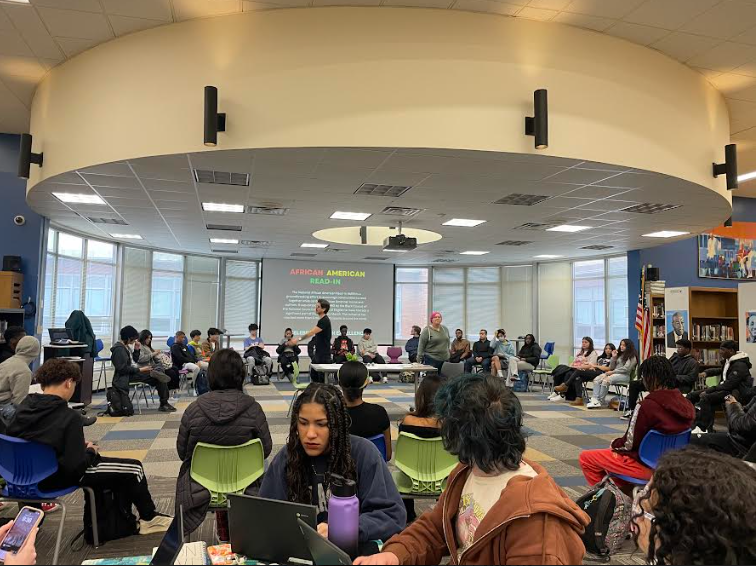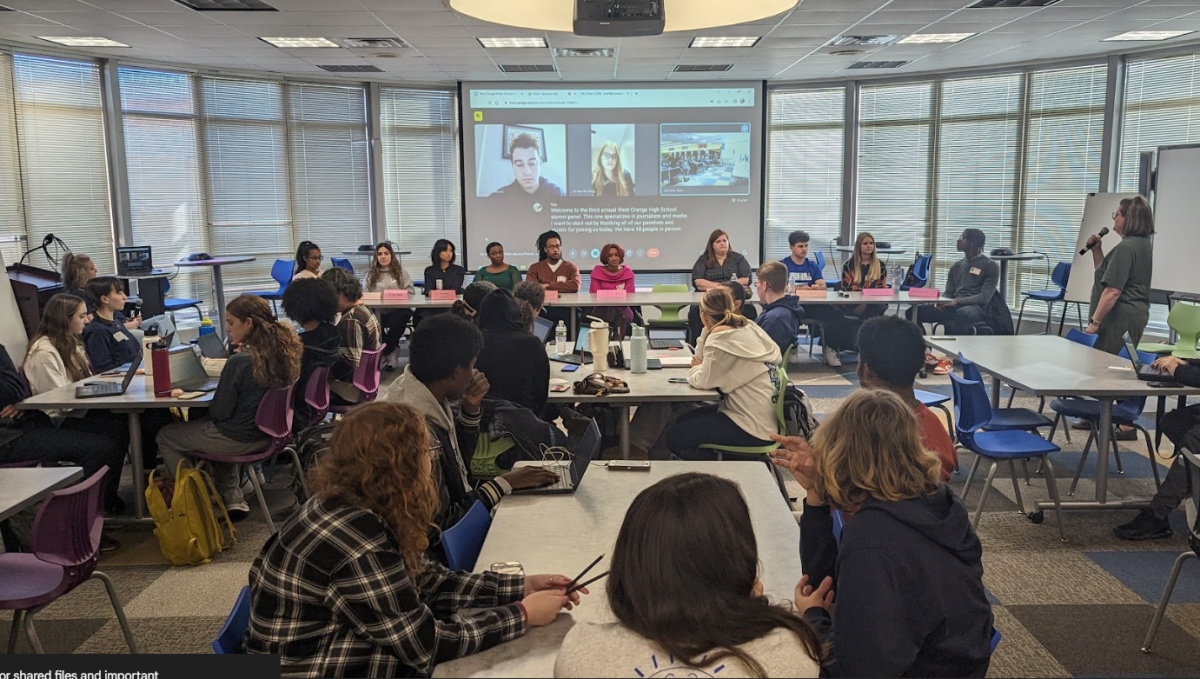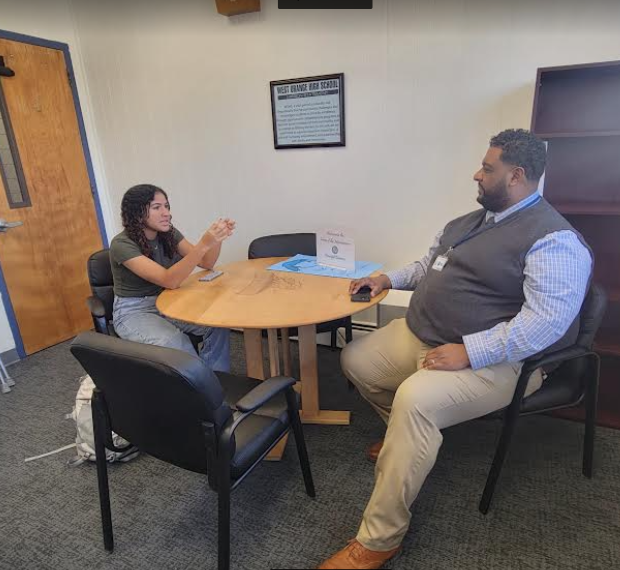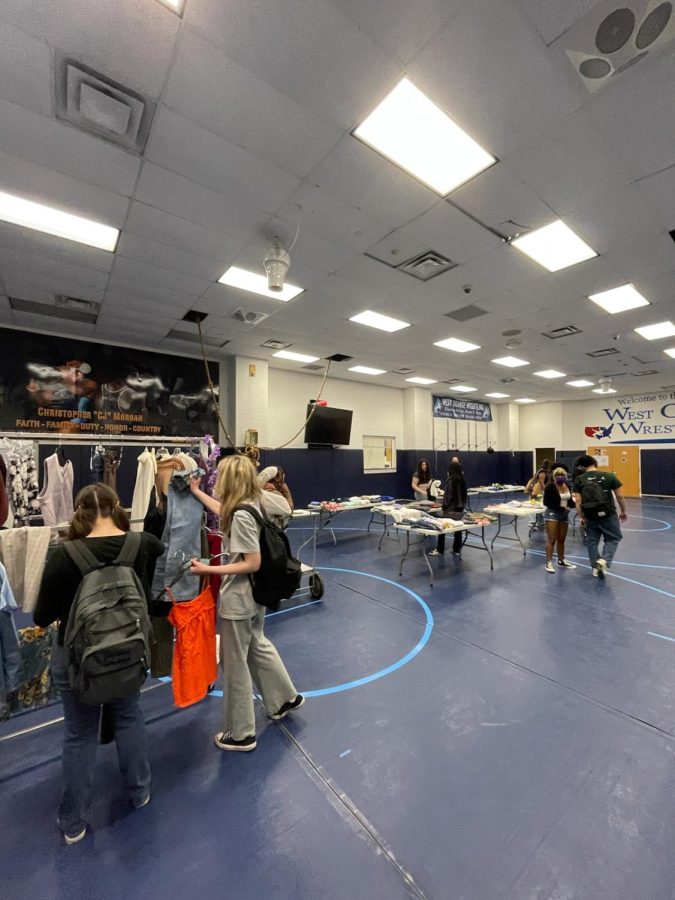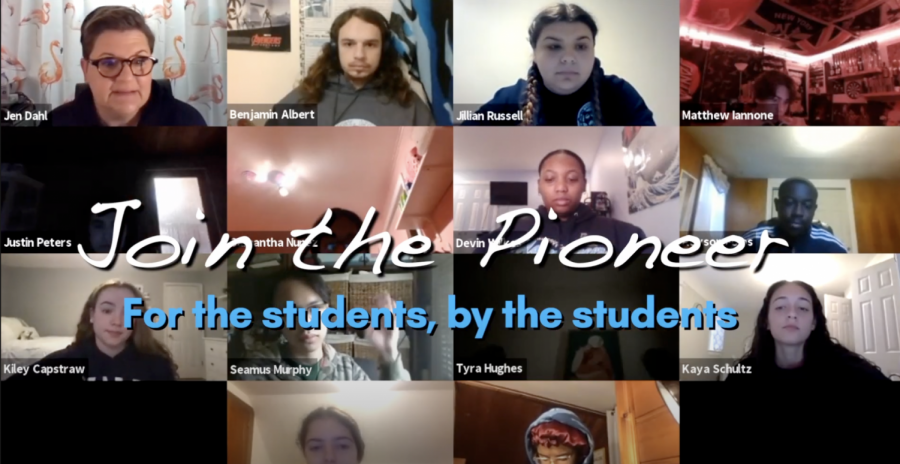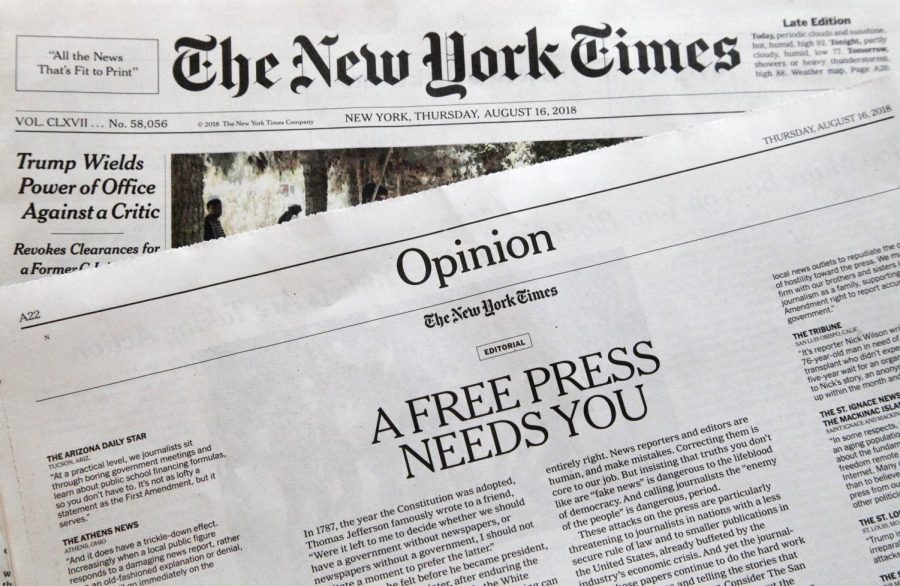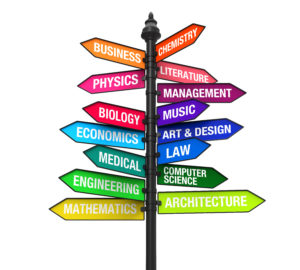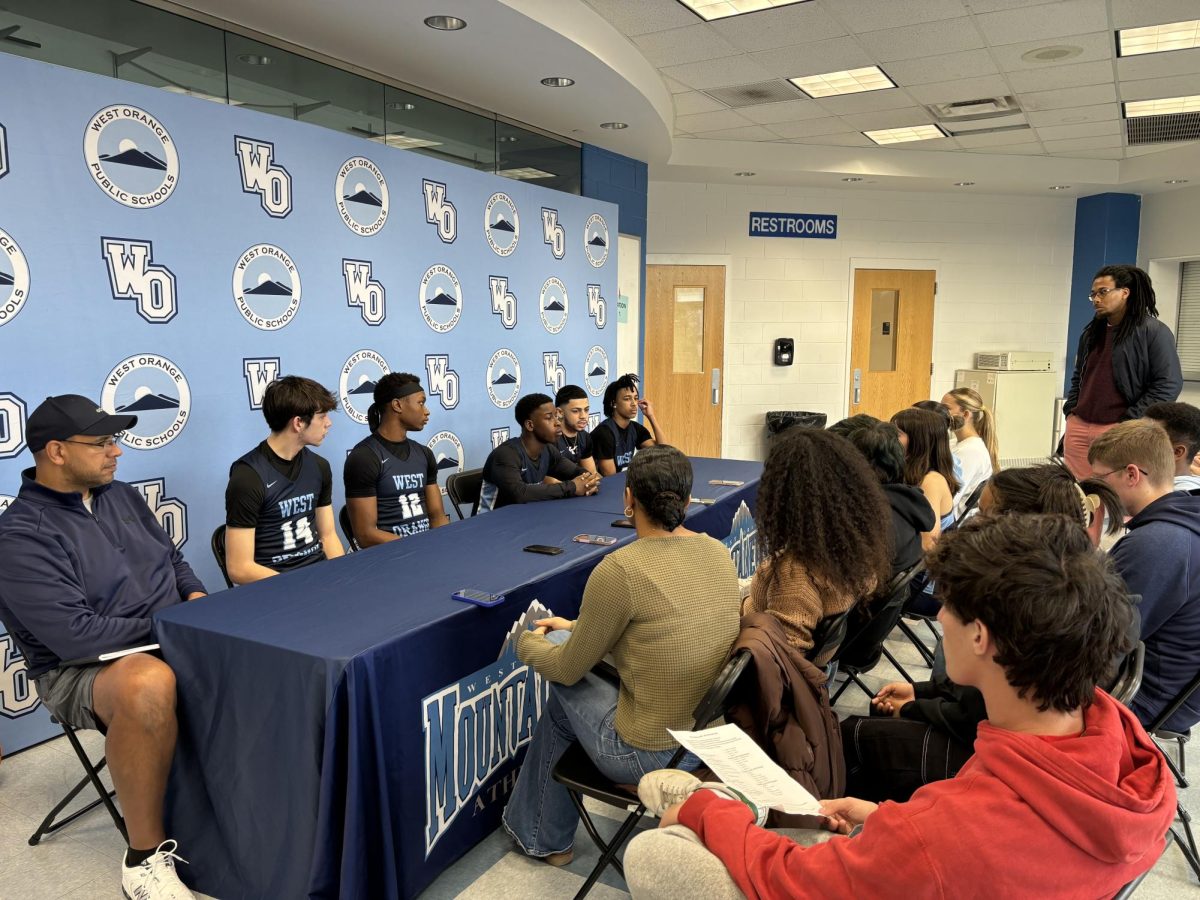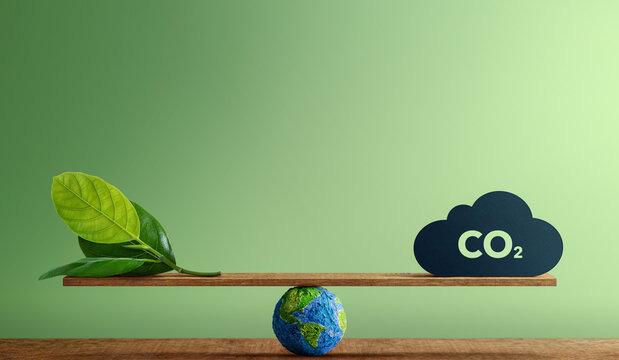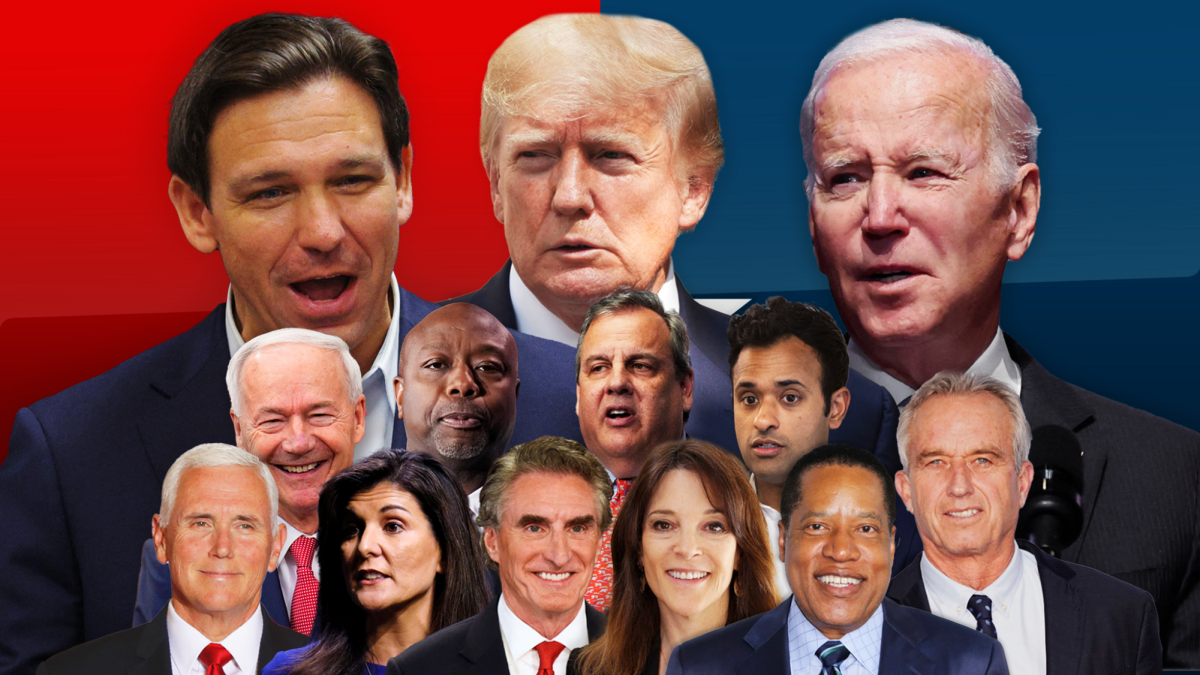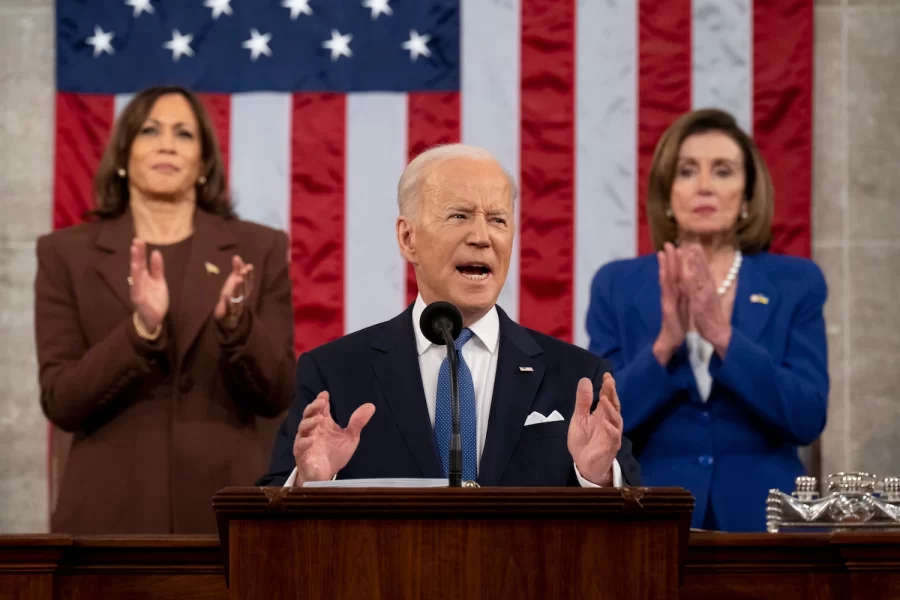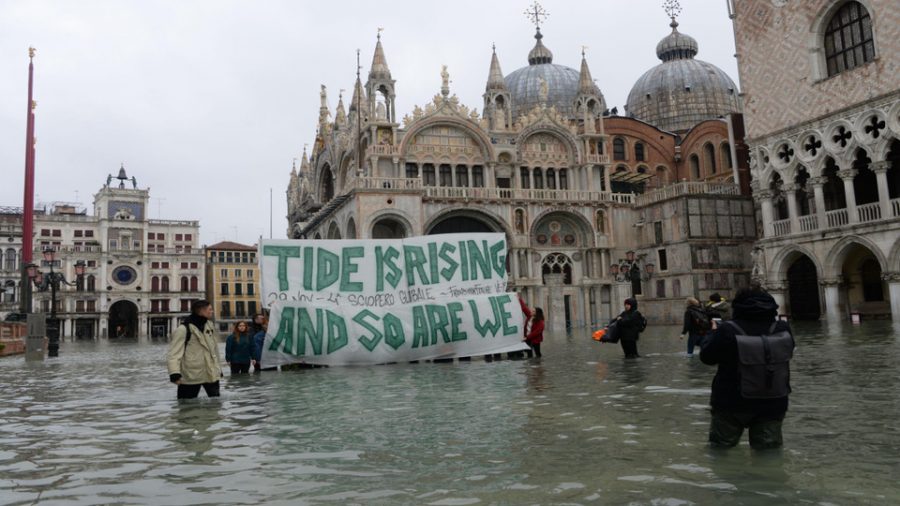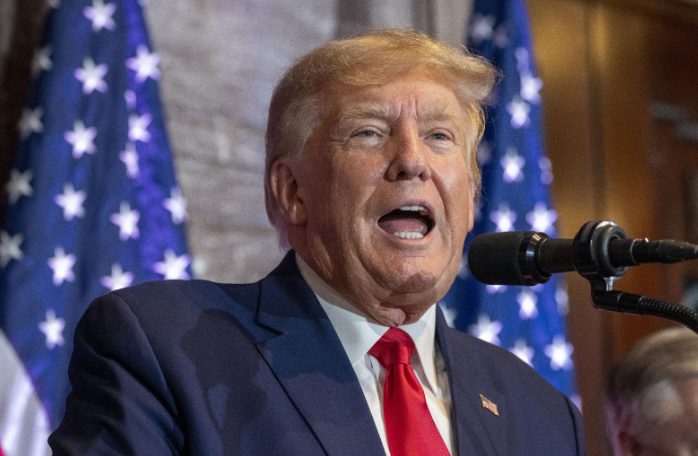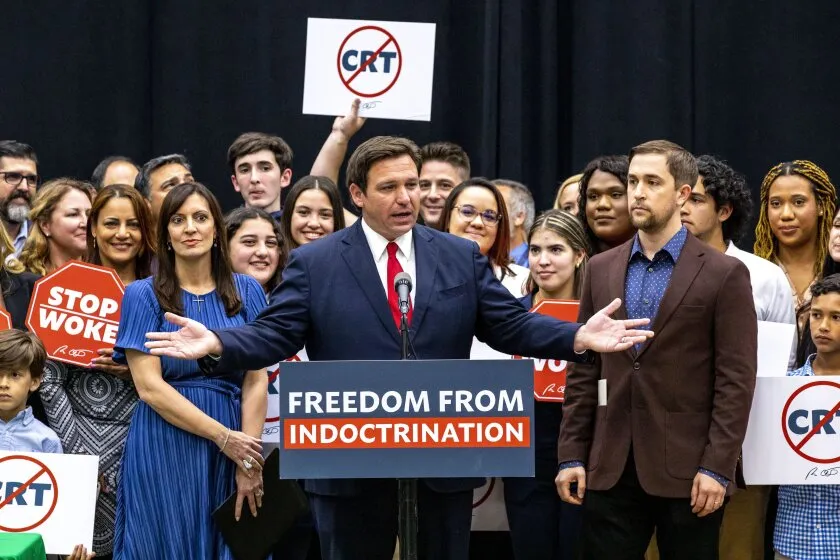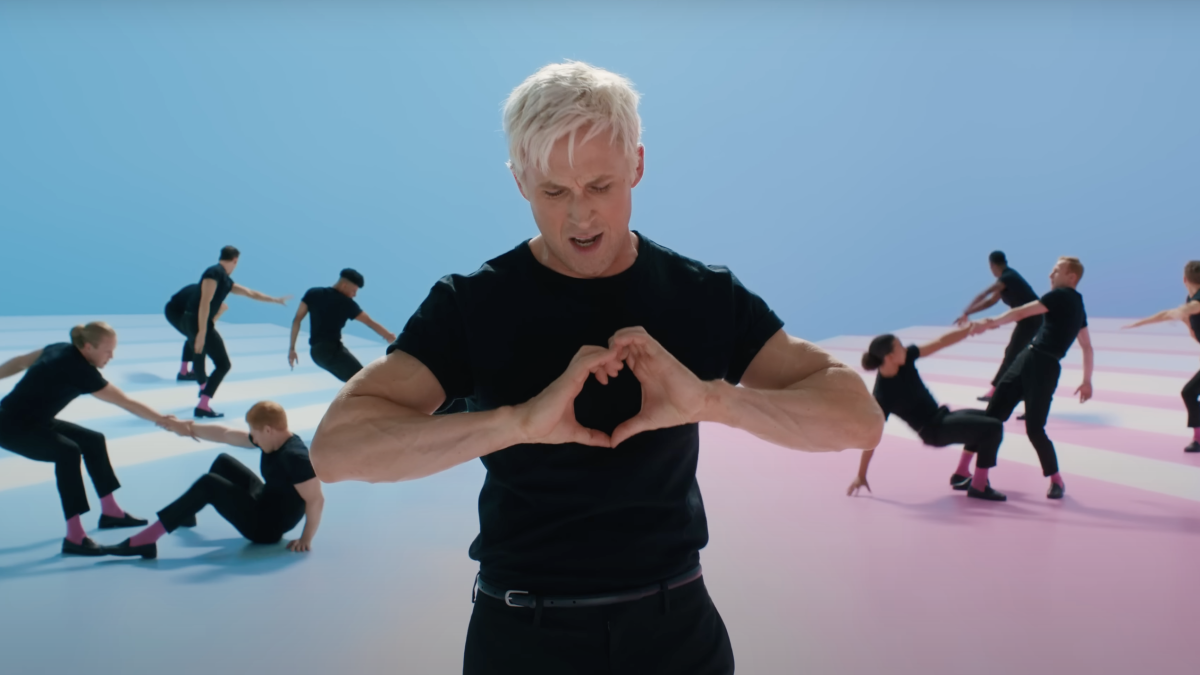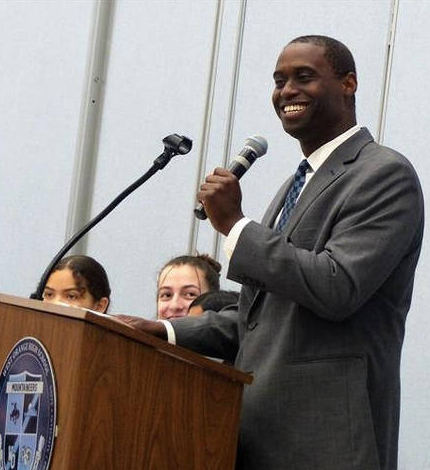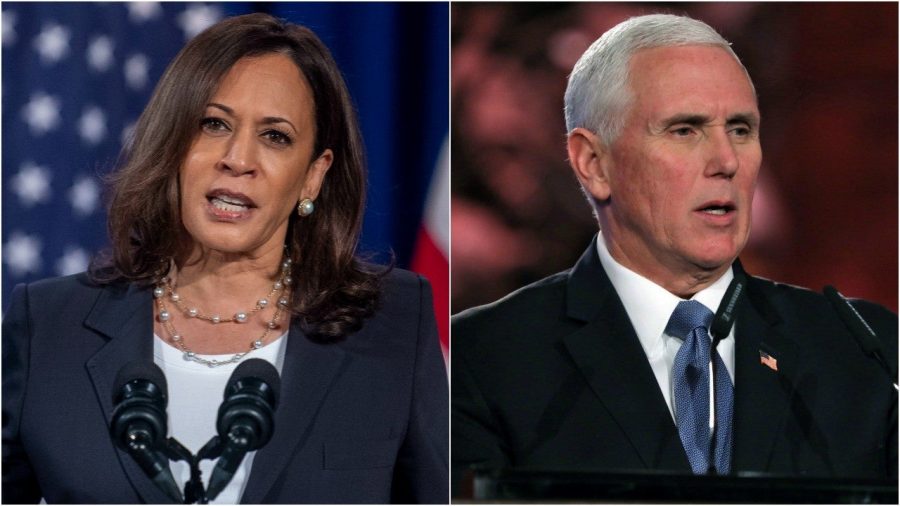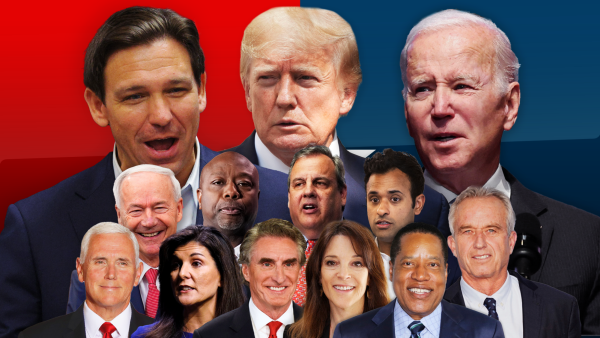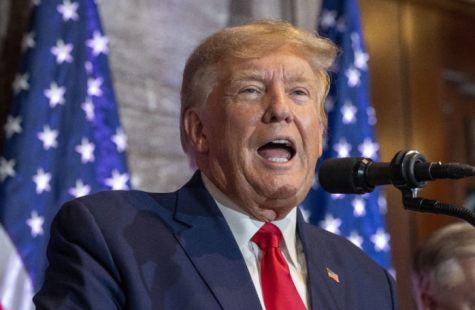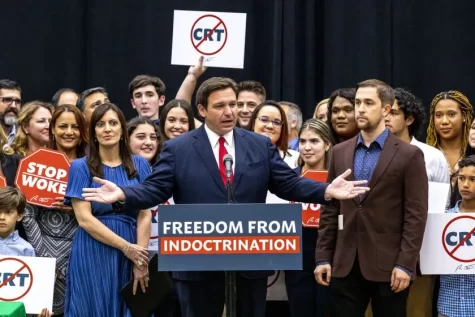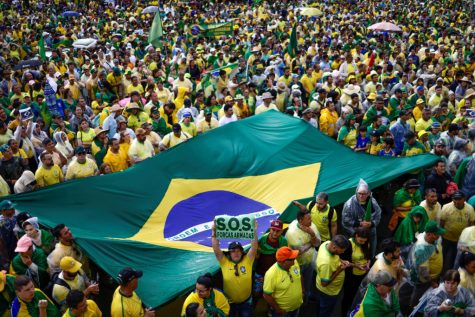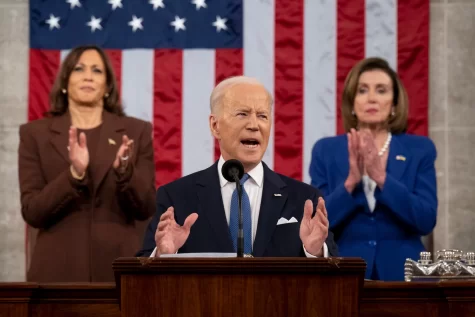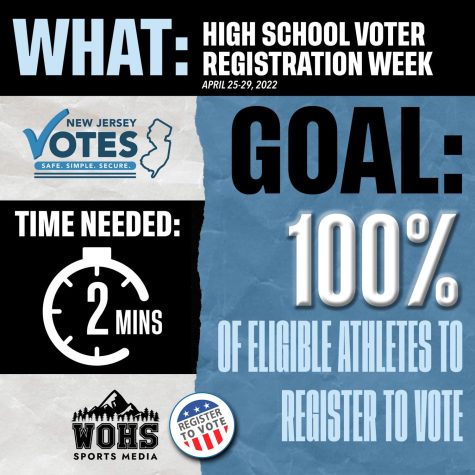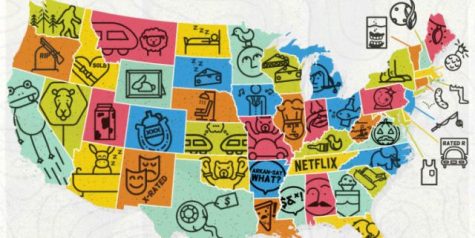The Vice Presidential Debate: The Right Hand (Wo)men
Typically, the Vice Presidential debates are easily forgotten events that dwarf in significance of the presidential debates. But this year was different, the performance of President Trump and Vice President Biden was marred with controversy and incivilities, and therefore many viewers turned their watchful eyes to the vice presidential debate. For some, the question remained: would the debate between Vice President Mike Pence and Senator Kamala Harris mimic their presidential counterparts or would it be different?
It was different.
Vice President Pence and Senator Harris took the stage alongside moderator Susan Page, and captivated the eyes of over 57 million people, whereas the 2016 vice presidential debate was only viewed by 37 million people.
Though 90 minutes may not seem like a long amount of time in everyday life, the vice presidential debate felt like one very long-winded quarrel at the holiday dinner table. The debaters engaged in a series of passive aggressive attacks, putting the American people in the middle. Much of their exchange was characterized by non-sequitur and evasive responses.
Despite these challenges, here are two things that you should take away from Wednesday’s debate.
Number 1: Climate Change and the Environment
The issue of the climate is one in which we all have an investment. Changes in the air and in the weather impact us all regardless of our political affiliation.
Vice President Pence claimed that, “According to all of the best estimates, our air and land are cleaner than any time ever recorded. And our water is among the cleanest in the world.” Although Pence speaks with such confidence, the cumulative scientific evidence does not support his assertion.
A United States Environmental Protection Agency study conducted in 2018 showed that greenhouse gas emissions increased from 2017 to 2018 by 3.1 percent. This was due to “increase in emissions from fossil fuel combustion, which was a result of multiple factors, including more electricity use due to greater heating and cooling needs due to a colder winter and hotter summer in 2018.”
Having a colder winter and hotter summer are already leading to disruptions in the coastal states. We are witnessing more hurricanes and wildfires, and the long-term environmental changes in average weather patterns and behaviors will impact how we live.
Climate change is one of the most persistent and dire threats to the global climate, which of course affects Americans. The United Nations believes that “11 years are all that remain to avert catastrophe.”
Vice President Pence’s only firm remark on climate change was simply, “The climate is changing…” He evoked President Trump arguing that “…We’re going to continue to listen to the science.”
Although Pence claimed that the Trump Administration will “listen to the science,” Senator Harris rebuked Pence on these statements and reminded him of the ways in which his administration has failed to listen to and use scientific evidence in their decision-making.
Harris rhetorically asked, “Do you know this administration took the word science off the website? And then took the phrase climate change off the website? We have seen a pattern with this administration which is they don’t believe in science.”
Senator Harris’ comments are referring to the Summer 2018 “scrubbing” by the Trump Administration where the removed language that referenced scientific evidence from U.S. EPA and the Interior and Energy departments, along with many others.
In a Scientific American article written on studies performed on the President’s editing of public websites, their findings show that, “During the first year of the Trump administration, the words ‘climate change’ and ‘carbon’ have been stripped from government websites across a wide range of agencies, including the departments of Health and Human Services, Transportation, the Interior, Energy and State, the report found. They have been replaced with vaguer terms like ‘sustainability’ and ‘emissions.’”
This erasure of science has implications for how the United States will respond to changes in our climate and environment.
Number 2: The Economy and The Chinese-US Trade Wars
For many of us kids of Gen Z, trying to understand the economy can feel like walking down a one long maze with no end in sight. We know that the structure, conditions, and organization of the United States’ economic systems affect all people, but it is not often clear how and in what ways.
We know that many Americans, including our family and friends, are worried and several have lost jobs. However, it is not always clear how what happens with other countries affects our daily lives.
One economic event that was mentioned in the debate was “The Trade Wars,” something many of us may not know anything about.
The Chinese-US Trade wars are about conflicts in trading practices and intellectual property, according to BBC. More specifically, the argument surrounds two main accusations, “US President Donald Trump has long accused China of unfair trading practices and intellectual property theft. In China, there is a perception that America is trying to curb its rise as a global economic power.”
In response to these accusations, “The US has imposed tariffs on more than $360bn (£268bn) of Chinese goods, and China has retaliated with tariffs on more than $110bn of US products.”
For many of us in high school, we may have only heard about tariffs in our history class referring back to the Boston Tea Party, but tariffs are still present today. They are specified taxes on goods and are used to protect domestic industries.
Senator Harris mentioned the Trade Wars during the debate berating Vice President Pence, “You lost that trade war. You lost it. What ended up happening is… Farmers have experienced bankruptcy, because of it.”
There is ample evidence to support Harris’ accusations of the Trump administration. These US-China disputes have had grave effects on farmers’ business, leading many to be under deep economic pressure that is out of their control.
In a 2018 PBS article talking about the disenfranchisement of farmers, they explain that, “China bought anywhere from $20 billion to $26 billion worth dollars of U.S. agricultural products a year from 2012 to 2017. Chinese purchases plunged to $9.2 billion in 2018… Soybean exports alone fell 75% from 2017 to 2018.”
There are over 300,000 soybean farmers in the United States, meaning that more than 300,000 families were negatively affected by the Trump administration’s actions.
Although Harris was quick to point out the White Houses’ poor conflict resolution with foreign government, the Biden-Harris plan does not ensure that economic relationships with China would be any better.
On Biden’s website there is an article called, “The Biden Plan to Ensure the Future is ‘Made in All of America’ by All of America’s Workers” which outlines some of the goals he has for relations with China.
These include: ending any dependence on China by bringing critical supply chains to America, investing in American research and development in order to continue to surpass China in spending, and enforcing that China follows trade laws and be held accountable.
Though these steps could potentially solve the issues going on with China, it also may also further injure US-Chinese relationships and even make an already bad situation worse.
Biden maintains that, “If companies benefit from taxpayer-funded research that leads to new products and profits, those products should be made in the U.S. or the company should reimburse the government for its support.”
These isolationist and protectionist practices are similar to President Trump, and if history is any teacher, such actions have often agitated other countries and in this case, this action may worsen US international relationships.
Though it is not clear who will be in the eventual winner of the trade wars, what is clear is that US trade actions will filter down to affect our everyday life.
It is even more clear what we must do next. Though we are not used to paying attention to what happens with Vice Presidential debates, it is evident that they matter because should anything happen to the President, the Vice President will become our leader. Their thoughts on how to keep the economy going and the environment safe are critically important.


